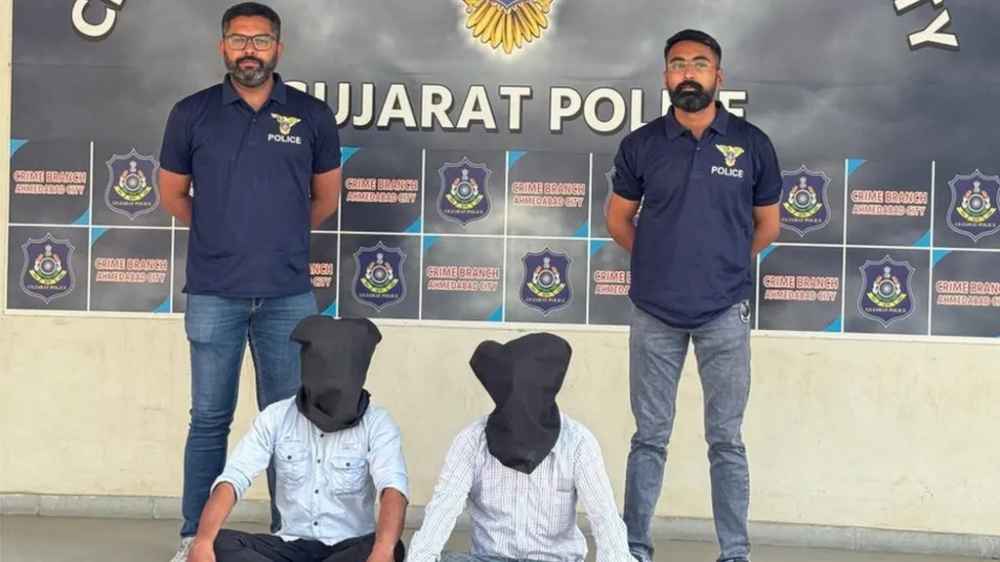The recent assault on international students at Gujarat University in India while they were offering Ramadan prayers has once again highlighted the troubling trend of religious intolerance and violence in the country. The incident, which occurred on Saturday night, has left several students injured and has raised serious concerns about the safety and security of foreign nationals studying in India.
According to police reports, the attack was sparked by a heated argument over the location of the prayers, with a group of men barging into the university hostel and assaulting the students. Stones were hurled, rooms were vandalized, and vehicles were damaged in the violent rampage. The injured students, including individuals from Afghanistan, were offering Taraweeh, a special nightly prayer observed during Ramadan, when they were confronted by the assailants.
The attack has drawn widespread condemnation, both within India and internationally. India’s foreign ministry has assured that strict action will be taken against the perpetrators, and the Gujarat government has initiated an investigation into the incident. Five individuals have been arrested in connection with the assault, and police have indicated that more arrests may follow as the investigation progresses.
The incident at Gujarat University is not an isolated event but part of a disturbing pattern of religiously motivated violence and discrimination in India. In recent years, there have been numerous reports of Muslims facing harassment and attacks while engaging in religious practices in public spaces. From interruptions during namaz prayers to vandalism of mosques, the incidents reflect a growing atmosphere of intolerance and bigotry.
For foreign students studying in India, incidents like the one at Gujarat University raise serious concerns about their safety and well-being. Many international students, particularly those from Muslim-majority countries, come to India with hopes of pursuing higher education and experiencing cultural exchange. However, the recent attack underscores the challenges and risks they face in a country plagued by communal tensions and sectarian violence.
The attack on foreign students also highlights the need for stronger measures to protect religious minorities and promote interfaith harmony in India. It is imperative that authorities take decisive action to address the root causes of religious intolerance and ensure the safety of all individuals, regardless of their faith or nationality. This includes holding perpetrators of violence accountable and implementing robust security measures to prevent such incidents from occurring in the future.
Moreover, there is a pressing need for greater awareness and education to combat religious bigotry and foster a culture of inclusivity and respect. Universities and educational institutions play a crucial role in promoting diversity and tolerance among students and faculty. It is essential that they create safe and welcoming environments where individuals from diverse backgrounds can thrive and contribute to the academic community.
In the aftermath of the attack at Gujarat University, there have been calls for enhanced security measures and better support for foreign students studying in India. University officials have pledged to improve security arrangements and relocate the affected students to safer accommodations. However, more needs to be done to address the underlying issues of religious intolerance and discrimination that continue to plague Indian society.
Ultimately, the incident at Gujarat University serves as a sobering reminder of the importance of upholding the principles of religious freedom and tolerance in a multicultural and pluralistic society. India’s rich diversity is its greatest strength, and it is incumbent upon all stakeholders – government, civil society, and the public – to work together to ensure that this diversity is celebrated and protected. Only then can India truly fulfill its potential as a vibrant and inclusive democracy.
